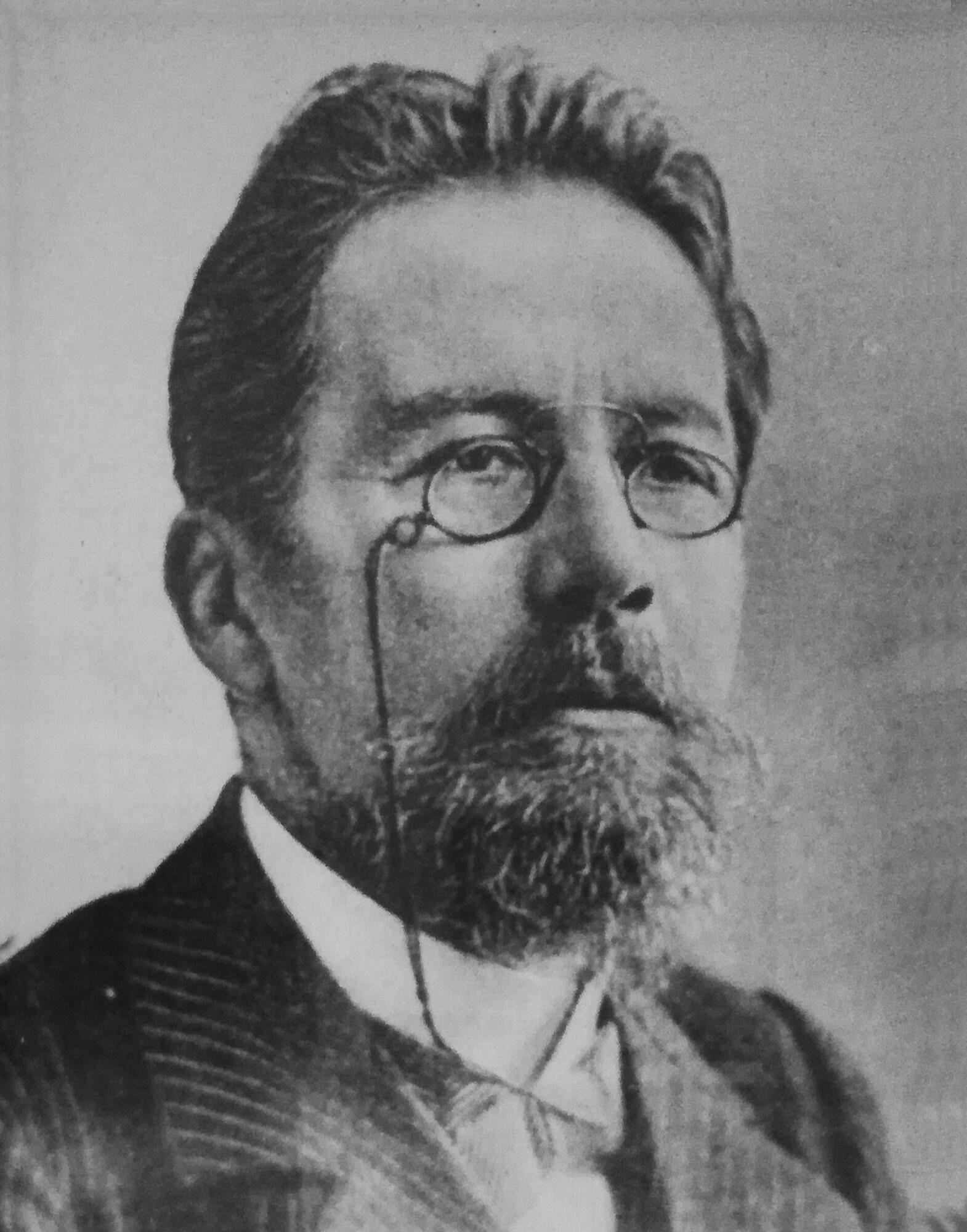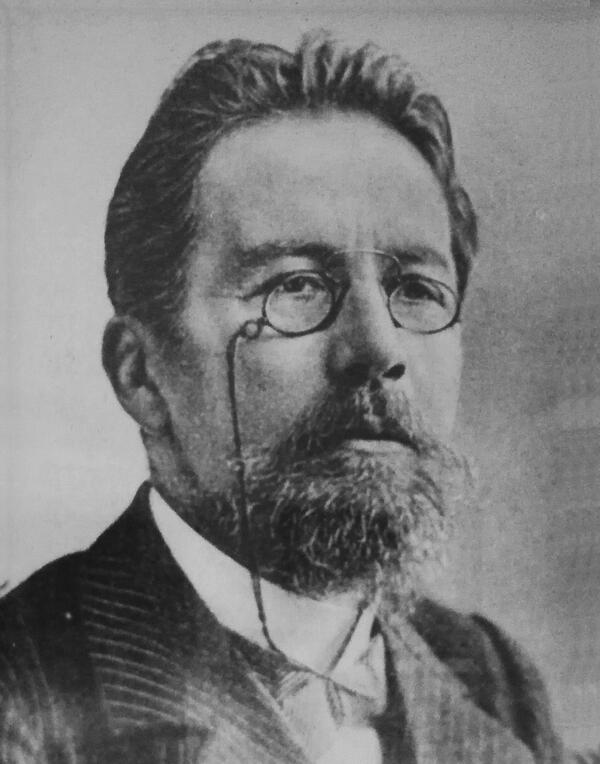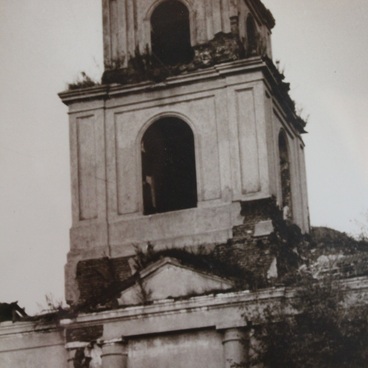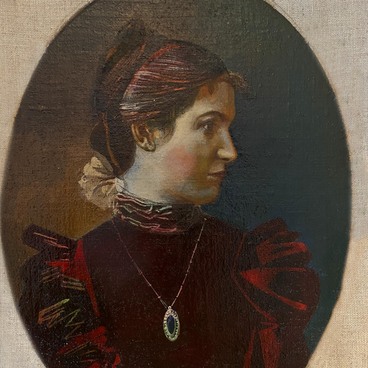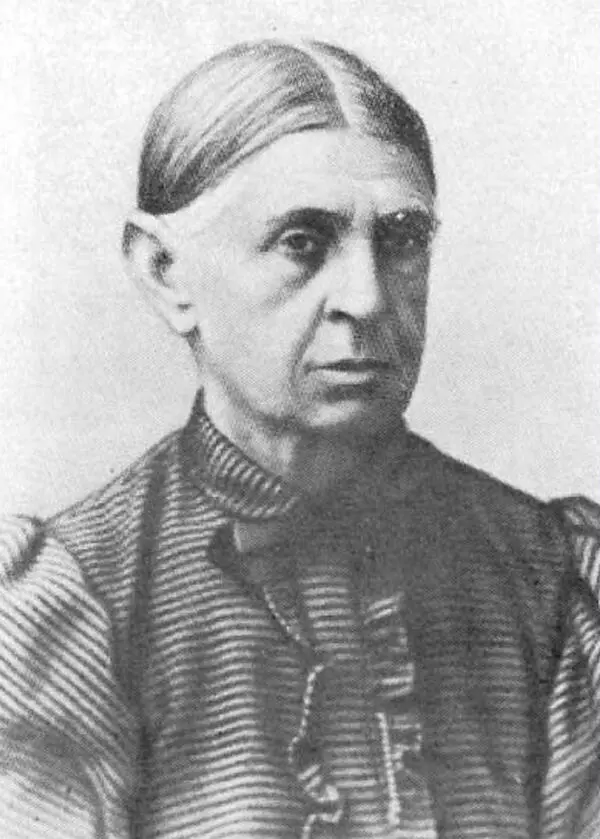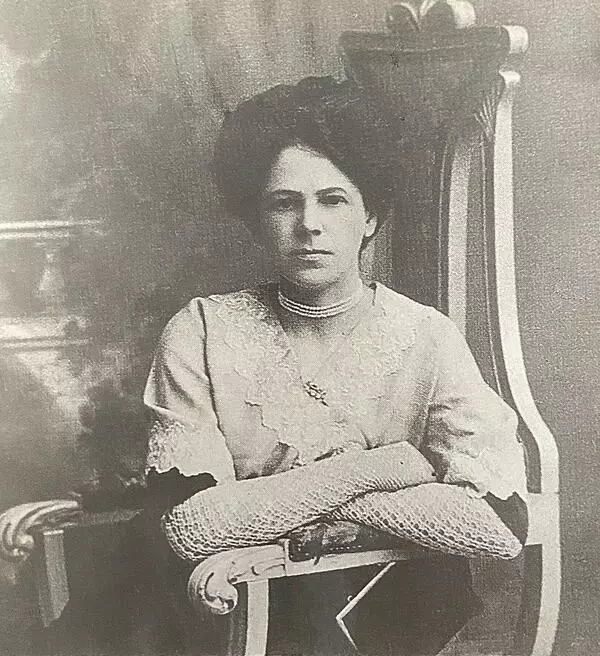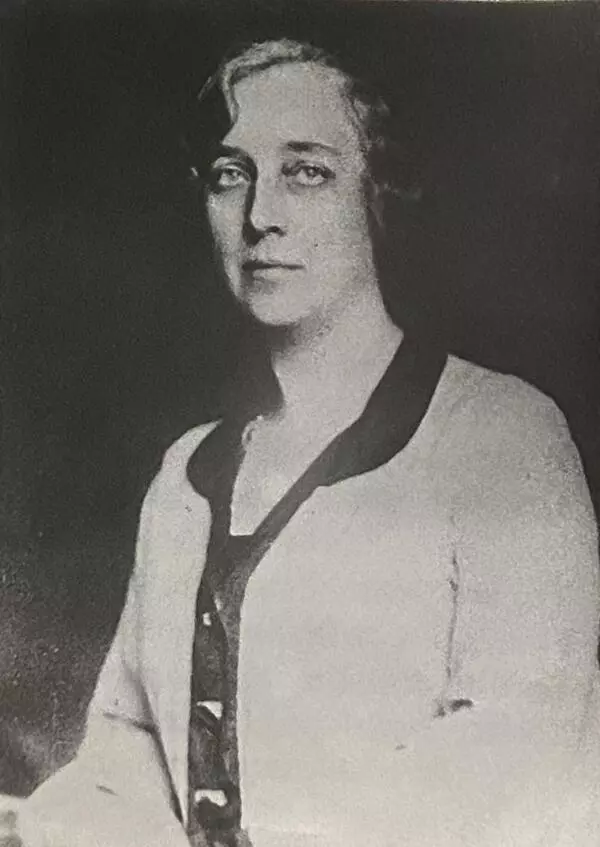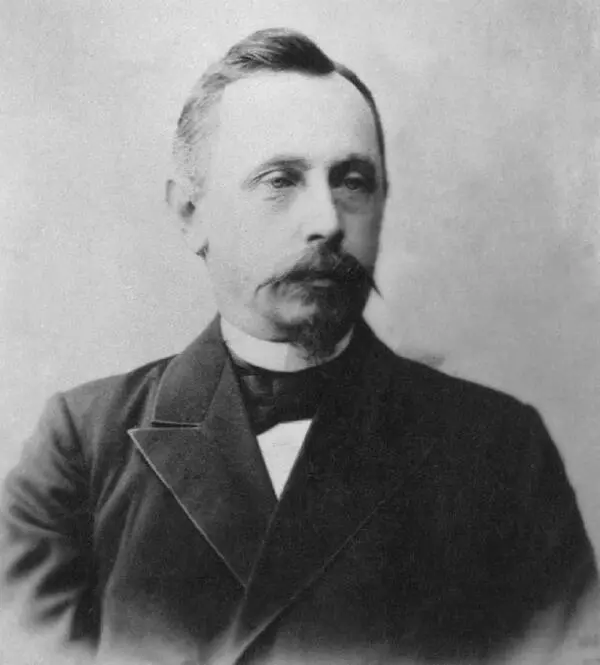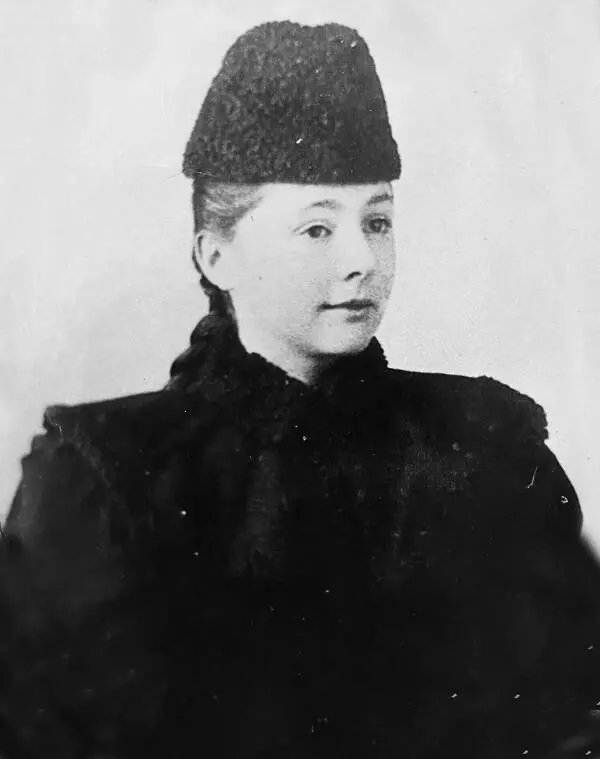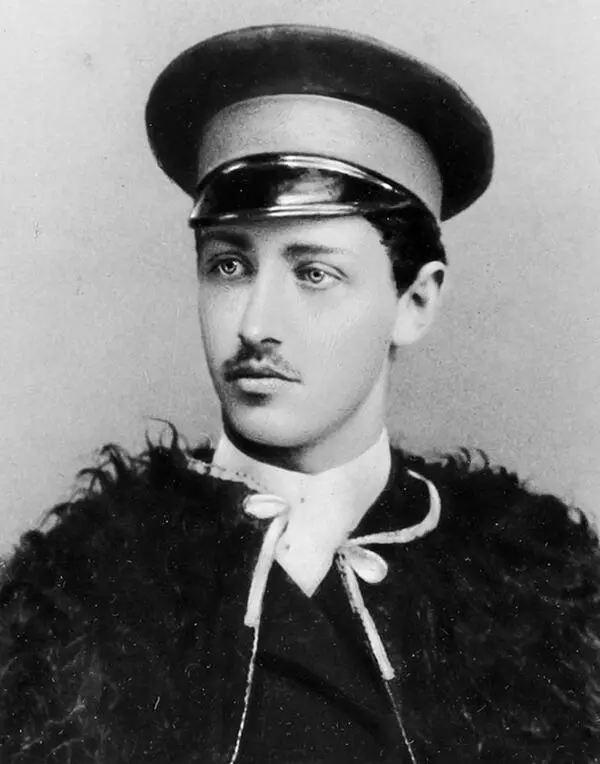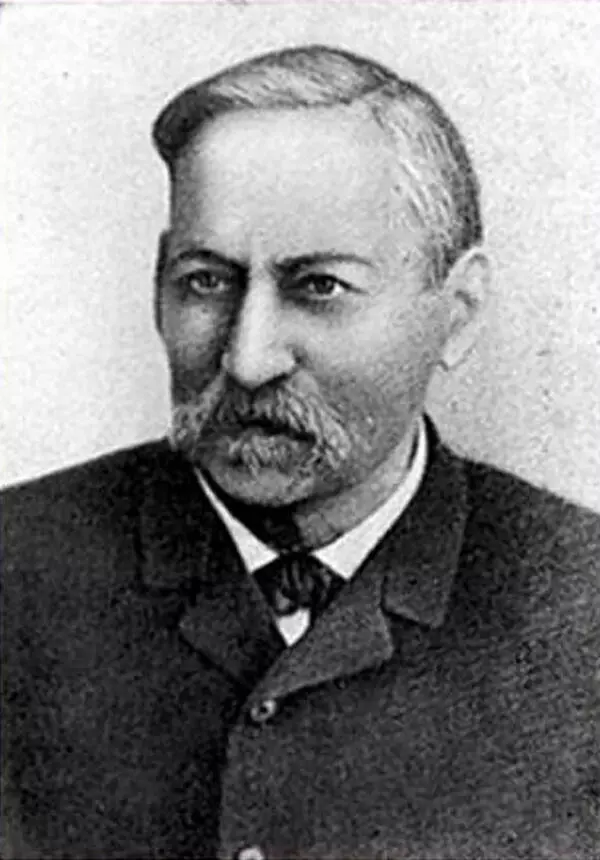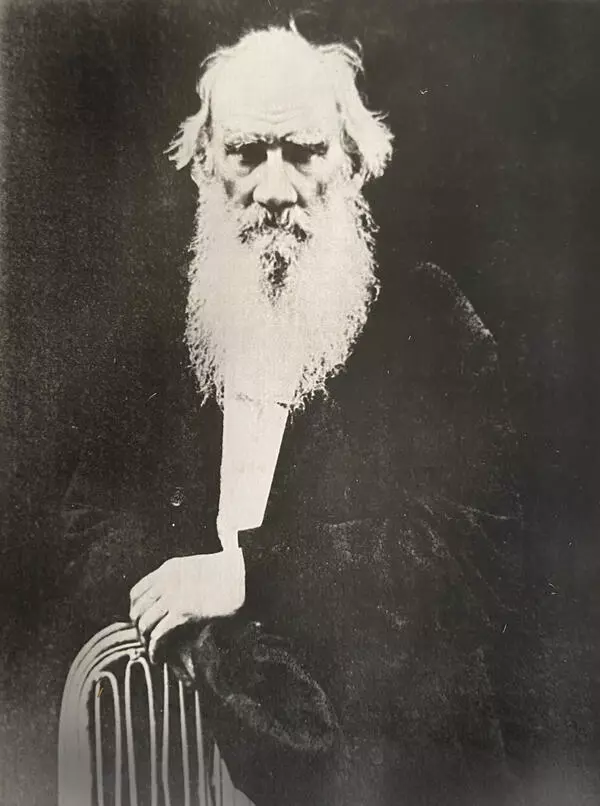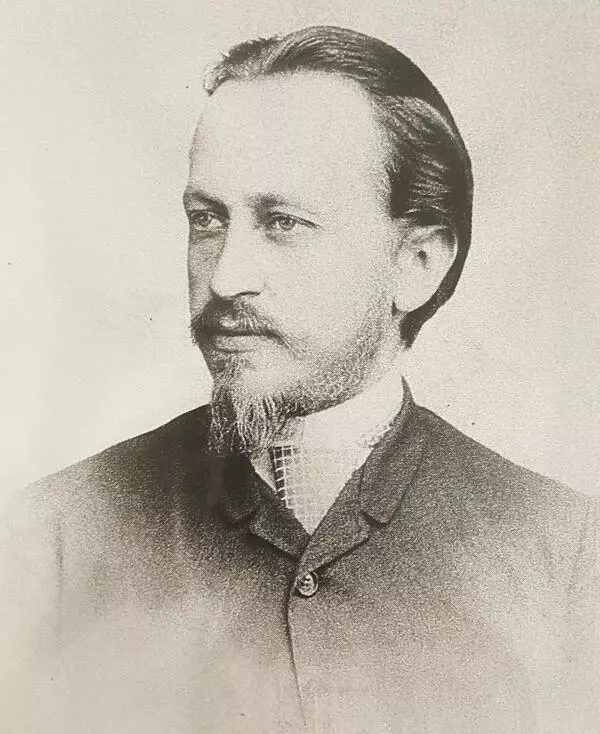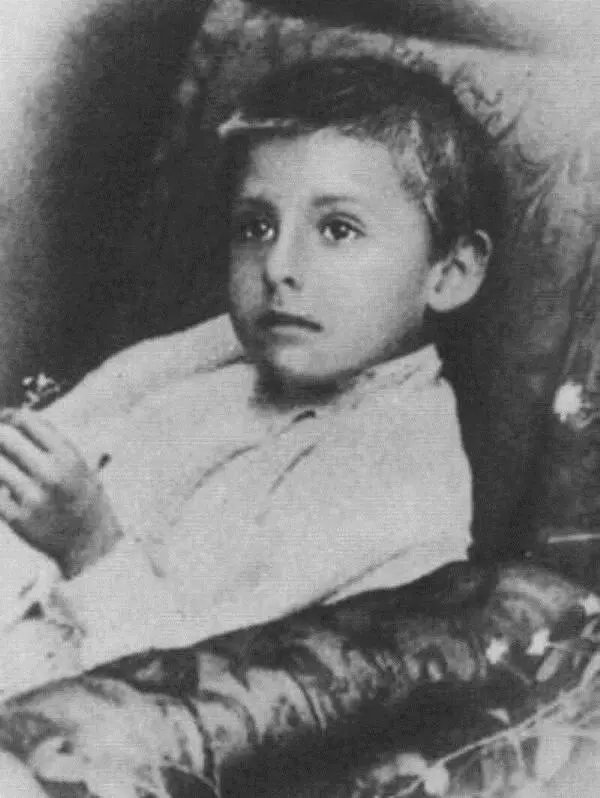Anton Chekhov is a Russian writer, honorary academician of the St. Petersburg Academy of Sciences. He was born in a large family of a merchant in the third Guild, the owner of a grocery store; he studied at a classical gymnasium. Chekhov’s first literary experiments belong to the period when he was studying at the gymnasium. He started as an author of newspaper satire and short humorous stories (his pen-name was Antosha ChekhontE). He graduated from the medical faculty of the Moscow University (1884). He worked as a district doctor. The stories he wrote in that period were included in the collections “Colorful stories” (1886) and “Innocent speeches” (1887). He wrote for Alexey Suvorin’s newspaper the ‘New Time’ (from 1886), where Chekhov’s stories first appeared under his real name. In the first half of the 1890s, Chekhov became one of the most widely read writers in Russia.
In autumn 1887, during one of his trips to Yelets, Bunin bought the book “Colorful stories” by Antosha Chekhonte at the railway terminal in the city and read it on the train in the same breath. He was delighted with those stories. This was how Chekhov entered his life, they became friends and their friendship was only broken by the death of Anton PAvlovich in 1904. Bunin died in 1953 and his work on the book about Chekhov stopped. In early January 1891, in Yelets, Bunin wrote his first letter to Chekhov: “I kindly ask you and would appreciate so much, that if I sent you two or three of my (printed) stories, you could take time to ever read them when you have nothing else to do, and to give me some comments on them”.
On December 12, 1895, they met personally in Moscow, and two days later Bunin presented Anton Pavlovich an autographed print of his story “On the farm” with a signature: “To Anton Chekhov as a sign of deep respect and sincere cordial disposition.” Bunin often visited Chekhov in Moscow, visited his country house in Yalta. They became good friends as they shared the same views on literature, they had the same judgements about literature, shared their assessments and preferences, which coincided in many ways — up to their mutual admiration for Tolstoy and dislike for Dostoevsky. Their mutual attraction also stemmed from the bright literary talent of each writer, a literary taste, their love of observation and fiction. Usually very reserved, Bunin completely changed when he was with Chekhov: he became the life and soul of the party, showed a wealth of wit, was naturally spontaneous and relaxed. Obviously, Chekhov’s personality was filled with features that Bunin liked, which made him love Chekhov not only as a writer, but also as a person. Chekhov died on July 2, 1904 in Germany, in the resort town of Badenweiler. He was buried in Moscow on Novodevichy cemetery. Until the last hours of his life, Bunin worked on the book ‘About Chekhov’.
In autumn 1887, during one of his trips to Yelets, Bunin bought the book “Colorful stories” by Antosha Chekhonte at the railway terminal in the city and read it on the train in the same breath. He was delighted with those stories. This was how Chekhov entered his life, they became friends and their friendship was only broken by the death of Anton PAvlovich in 1904. Bunin died in 1953 and his work on the book about Chekhov stopped. In early January 1891, in Yelets, Bunin wrote his first letter to Chekhov: “I kindly ask you and would appreciate so much, that if I sent you two or three of my (printed) stories, you could take time to ever read them when you have nothing else to do, and to give me some comments on them”.
On December 12, 1895, they met personally in Moscow, and two days later Bunin presented Anton Pavlovich an autographed print of his story “On the farm” with a signature: “To Anton Chekhov as a sign of deep respect and sincere cordial disposition.” Bunin often visited Chekhov in Moscow, visited his country house in Yalta. They became good friends as they shared the same views on literature, they had the same judgements about literature, shared their assessments and preferences, which coincided in many ways — up to their mutual admiration for Tolstoy and dislike for Dostoevsky. Their mutual attraction also stemmed from the bright literary talent of each writer, a literary taste, their love of observation and fiction. Usually very reserved, Bunin completely changed when he was with Chekhov: he became the life and soul of the party, showed a wealth of wit, was naturally spontaneous and relaxed. Obviously, Chekhov’s personality was filled with features that Bunin liked, which made him love Chekhov not only as a writer, but also as a person. Chekhov died on July 2, 1904 in Germany, in the resort town of Badenweiler. He was buried in Moscow on Novodevichy cemetery. Until the last hours of his life, Bunin worked on the book ‘About Chekhov’.
